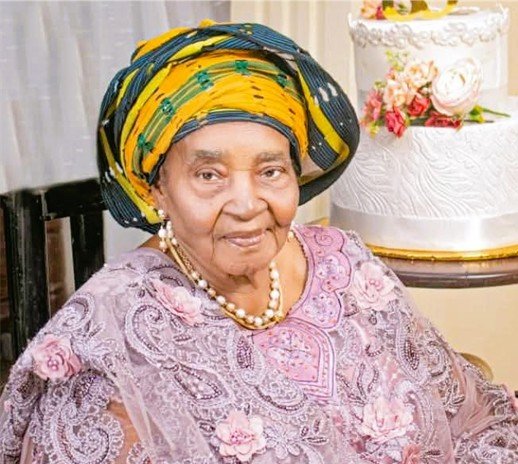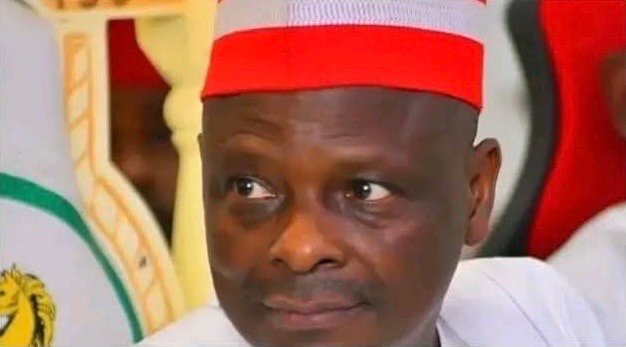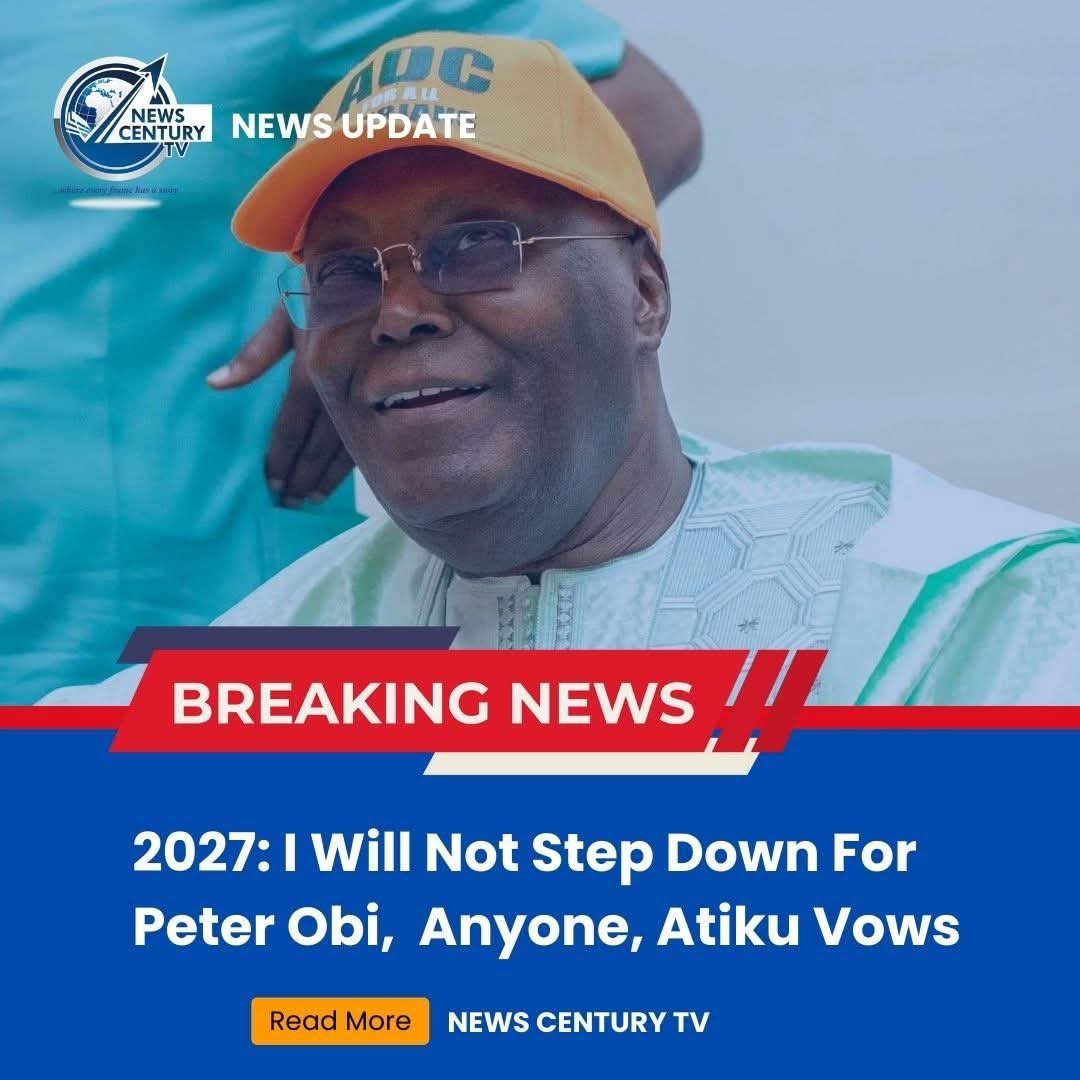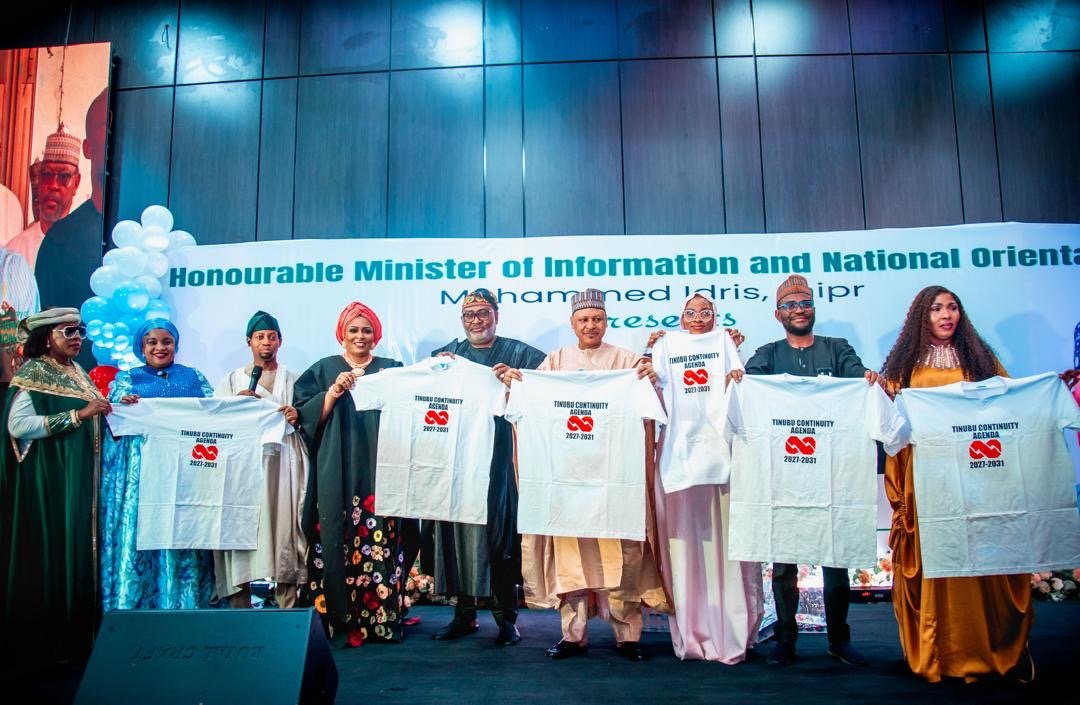
In the evolving landscape of Nigerian politics, the role of Nyesom Wike, current Minister of the Federal Capital Territory (FCT), stands out not only for its controversy but also for its unprecedented influence. A member of the opposition People’s Democratic Party (PDP), Wike’s presence in President Bola Ahmed Tinubu’s All Progressives Congress (APC)-led cabinet has continued to spark confusion, distrust, and allegations of double-dealing. His actions, many say, have plunged both his own party and the ruling party into political disarray, particularly in Northern Nigeria.
Wike’s feud with PDP stakeholders, particularly with governors from his own region—the South-South and South-East—has been long and bitter. His political maneuvers before and after the 2023 general elections reflect a deep personal ambition and a disregard for party cohesion. His role in the emergence of Samuel Anyanwu as the PDP National Secretary was seen by many as a plot to hijack the party’s internal leadership structure, further alienating key party members.
It is no secret that Wike opposed the 2023 PDP presidential candidate, Atiku Abubakar, and worked behind the scenes to ensure his defeat. His calculated silence during critical moments, followed by a backdoor acceptance of a ministerial appointment from President Tinubu, confirmed to many that Wike was playing a double game. That move not only weakened PDP in the South-South but also cemented perceptions of betrayal and disloyalty among his former allies.
What makes Wike’s situation alarming is the unprecedented autonomy he enjoys. Many Nigerians now believe that Wike operates above the law and above all stakeholders—be it PDP members, APC leaders, or even the presidency. Despite being a Minister under an APC administration, no one in the APC—neither party officials nor National Assembly members—has dared to challenge his actions. Even President Tinubu is viewed as unable or unwilling to curb Wike’s excesses, fueling the notion that Wike is untouchable.
This unchecked power has earned Wike the unofficial title of “Super Minister.” He speaks and acts like a Vice President, often overshadowing Kashim Shettima, the elected Vice President. It is a situation that many Northerners see as an intentional political design to marginalize their influence within the Tinubu administration.
Many in the North are now convinced that the continued appointment of Wike as FCT Minister is a political miscalculation that will cost the APC heavily in 2027. Despite being a PDP member, Wike has taken an active role in attacking PDP, Labour Party, and other opposition forces, effectively serving as a spokesperson for the Tinubu administration. His actions have blurred party lines and reinforced suspicions that Tinubu brought him into the cabinet solely to dismantle the PDP from within.
This has played out clearly in the South-South and South-East regions, where Wike has allegedly brokered deals and engineered internal crises within PDP. He is also believed to have influenced the defection of prominent figures like David Mark, Aminu Tambuwal, and others to smaller parties like ADC, further splintering the opposition. However, the broader consequence is that this has alienated Northern leaders, many of whom see the developments as an effort to shift national political power permanently away from the North.
APC, once dominant in Northern Nigeria, now faces a real threat of rejection. Many Northerners feel increasingly sidelined under Tinubu’s government, citing growing poverty, insecurity, and unemployment. The North believes it has not been adequately represented, especially with Shettima being rendered politically invisible, while Wike enjoys unfettered power and visibility.
The situation is further complicated by growing speculations that President Tinubu may replace Vice President Shettima with Rabiu Musa Kwankwaso in 2027 to strengthen support in the North. But this move, if it materializes, may not sit well with core APC members, who question Kwankwaso’s loyalty and party credentials. It could also deepen the crisis and further fracture the Northern political base.
Unless urgent measures are taken, the APC could be heading toward an internal implosion, particularly in the North. The party’s inability to rein in Wike’s overbearing influence could alienate its traditional base. What is currently seen as political strategy may backfire if Northerners withdraw their support in protest of what they see as betrayal and marginalization.
As it stands, Wike’s growing power, his brazen attacks on fellow PDP governors, and his central role in Tinubu’s administration have become a symbol of everything that is wrong with Nigerian politics: lack of ideological consistency, absence of party discipline, and the use of state power for personal vendettas.
If the APC does not re-evaluate its internal balance and reassert its northern stronghold, the 2027 elections may come with a heavy price. The North is watching, and it is losing patience.
Minister Nyesom Wike has become a disruptive force within Nigerian politics—his presence in the APC-led administration is both confusing and damaging. While he plays a strategic role for Tinubu, the long-term effects of his unchecked power, particularly in Northern Nigeria, could trigger a political backlash that may cost APC dearly in 2027. The time to act is now, before the crisis becomes irreversible.




